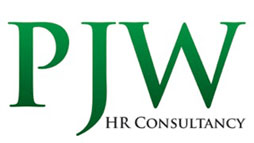The words reward and recognition are commonplace in a business environment. Rewards are often given as recognition, but is this necessarily the best way to keep your employees on board? Do employees prefer reward or recognition?
According to a survey of workers, this isn’t the case. 69% of employees commented that they preferred direct recognition from their employers rather than an actual reward, whether it be in the form of a gift or a bonus.
form of a gift or a bonus.
Workplace Motivators
In HR, we often use the words synonymously, however they engage different parts of the workforce’s basic human motivators: extrinsic (external) and intrinsic (internal).
Whilst both are positive motivators, intrinsic has been shown to improve a sense of achievement, responsibility and satisfaction. It’s also a long-term feeling.
Rewards = Short Term Benefit
Studies show that extrinsic rewards have very little positive reflection on the employer. The emotional outcome shown by the employee is merely short-term. Most employees work hard leading up to a reward and then their effort slowly diminishes to previous levels after receiving a reward.
There are a lot of employers and businesses who are missing out on a simple, highly-engaging strategy, the simple act of recognising their employees’ work or actions. It’s also cost-free, unlike rewards, which can sometimes reach hundreds of pounds.
Statistically, companies that highly regard and recognise their staff have a 31% lower turnover of staff members. Recognition stabilises staff mentality and sends a positive message to all employees in the business.
Many members of staff feel as though they are more important within the company when praised in certain ways. This, in turn, increases their overall job satisfaction.
If you need advice or help managing your HR department PJW are here to support you. We provide numerous services that get the most out of your employees and your practices.
